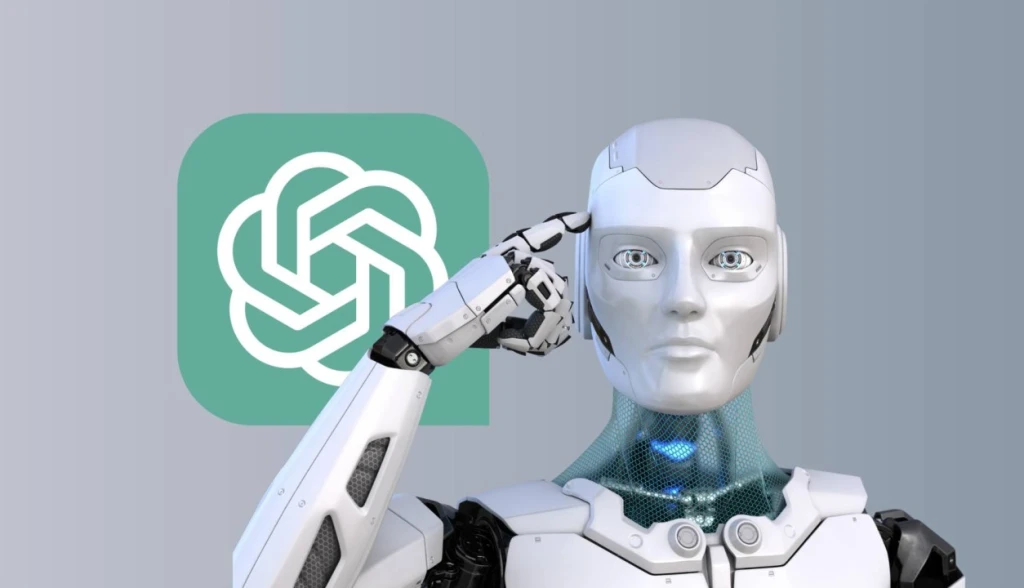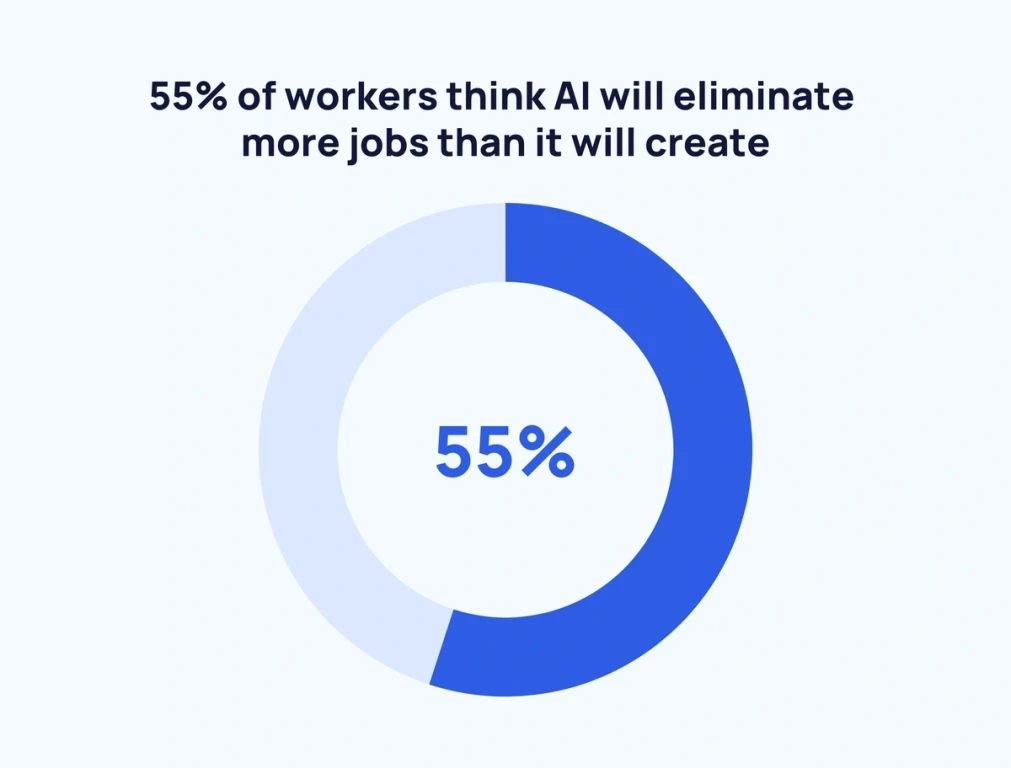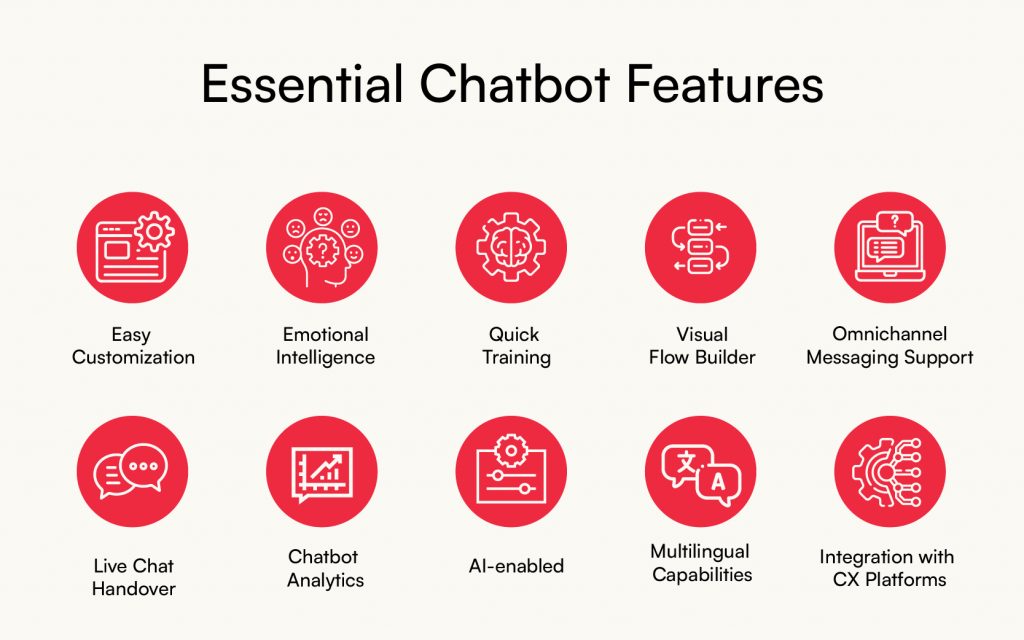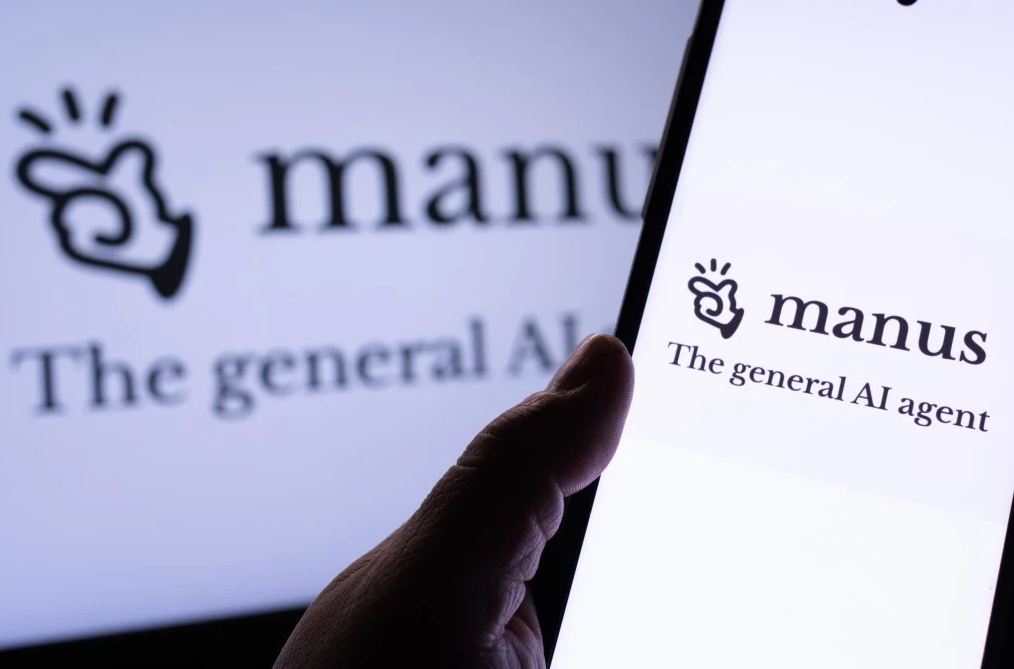Test AI on YOUR Website in 60 Seconds
See how our AI instantly analyzes your website and creates a personalized chatbot - without registration. Just enter your URL and watch it work!
Introduction: AI’s Growing Role in Customer Service
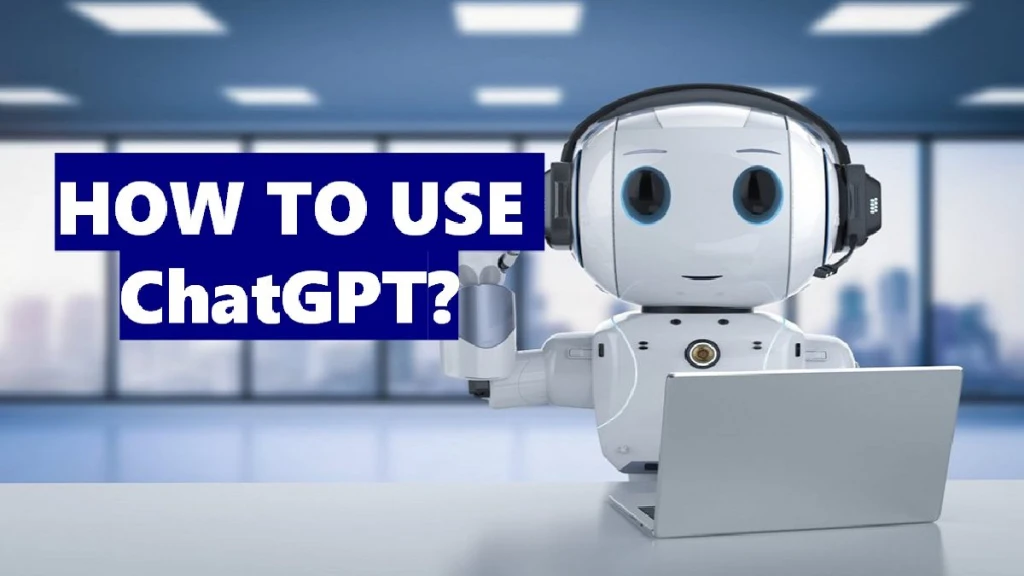
2- How ChatGPT Enhances Customer Service
2.1- 24/7 Availability
Unlike human agents, ChatGPT operates round-the-clock, ensuring customers receive assistance anytime.
2.2- Faster Response Times
AI chatbots handle multiple inquiries simultaneously, reducing wait times and improving efficiency.
2.3- Cost Reduction for Businesses
Automating customer interactions helps companies cut operational costs while maintaining service quality.
2.4- Personalized Interactions
ChatGPT analyzes past interactions to offer tailored responses and improve user engagement.
2.5- Multilingual Support
AI-powered chatbots provide instant translations, making support accessible to a global audience.
3- Can ChatGPT Replace Human Customer Service Jobs?
3.1- Automation of Repetitive Tasks
AI chatbots handle routine inquiries, reducing the need for entry-level support roles.
3.2- Human Agents for Complex Issues
AI lacks emotional intelligence, making human agents essential for handling sensitive or complex customer concerns.
3.3- Job Evolution, Not Elimination
Instead of replacing jobs, AI is shifting roles toward higher-value tasks like customer relationship management.
3.4- Businesses Seeking a Hybrid Approach
Many companies combine AI with human agents to optimize efficiency and maintain a personal touch.
4- The Benefits & Challenges of Using ChatGPT in Customer Service
Scalability - Handles high volumes of inquiries effortlessly.
Data-Driven Insights - AI tracks customer trends and preferences for better decision-making.
Consistent Accuracy - Minimizes human errors in responses.
4.2- Challenges & Limitations
Lack of Emotional Intelligence - AI struggles with empathy and nuanced customer interactions.
Dependence on Data - Chatbots require quality data to function effectively.
Potential Job Disruptions - Companies may reduce customer service teams to cut costs.
5- The Future of AI in Customer Service
Businesses will continue blending AI efficiency with human empathy to enhance customer experiences.
5.2- Advancements in AI Capabilities
Future AI models will improve contextual understanding, making interactions more natural.
5.3- Ethical Considerations
Companies must balance AI adoption with job security and fair employment practices.
6- Conclusion
Is AI in customer service a threat or an opportunity? The answer depends on how businesses choose to integrate technology while valuing human expertise.
